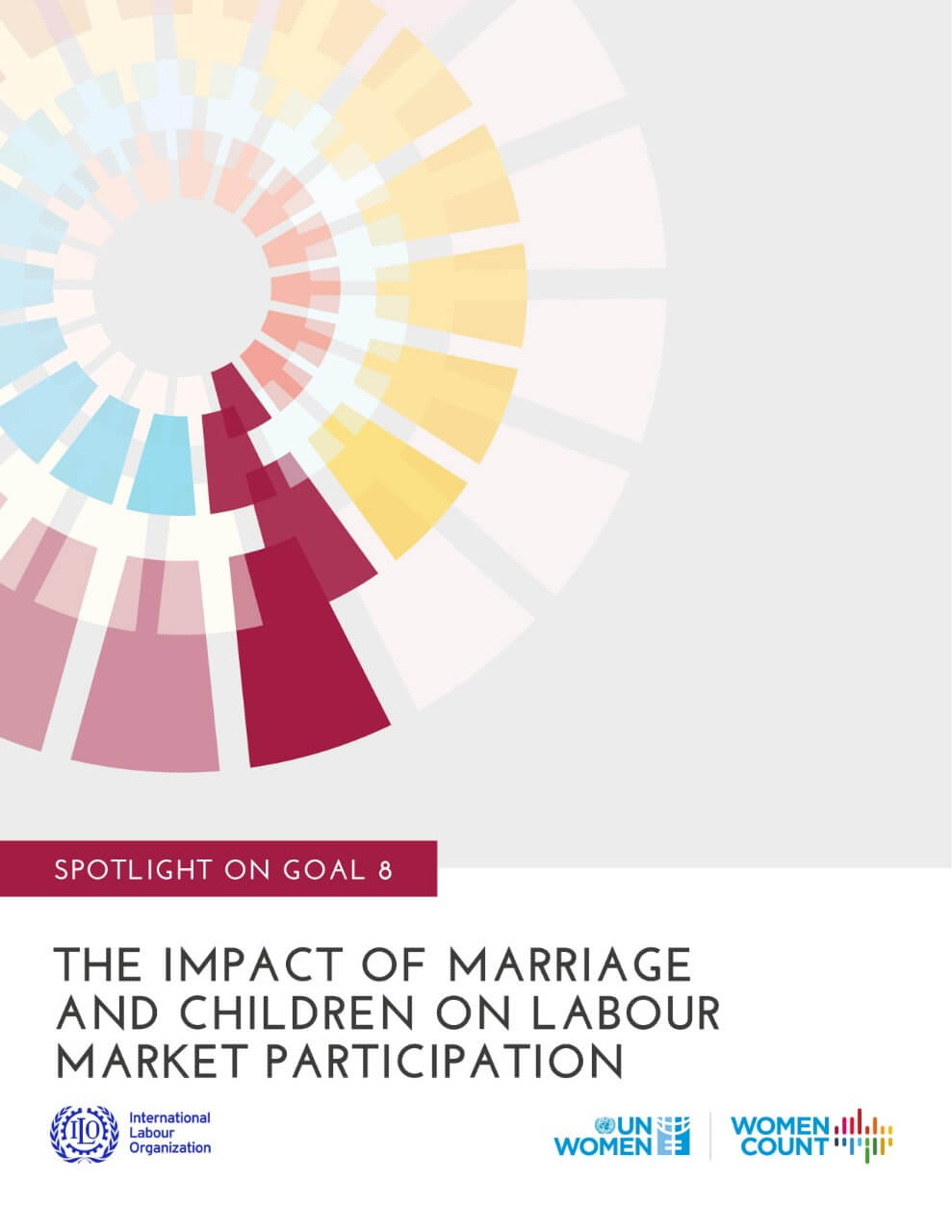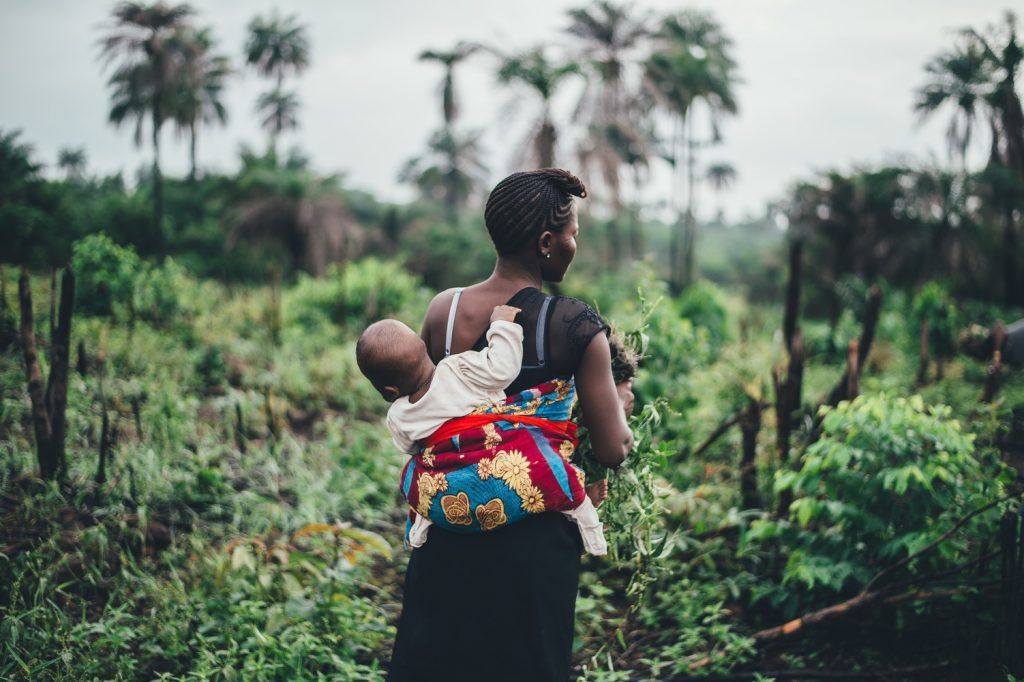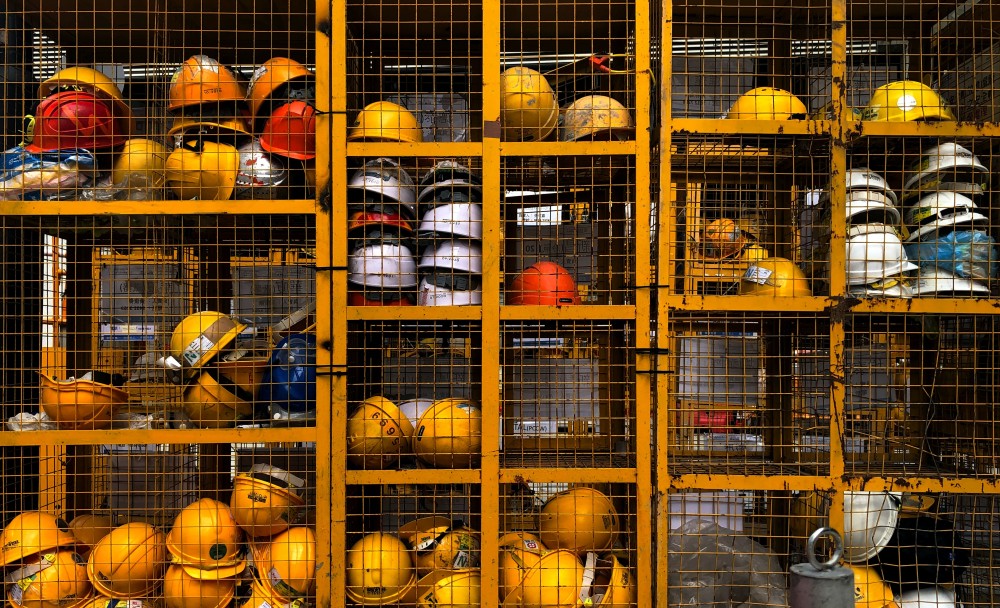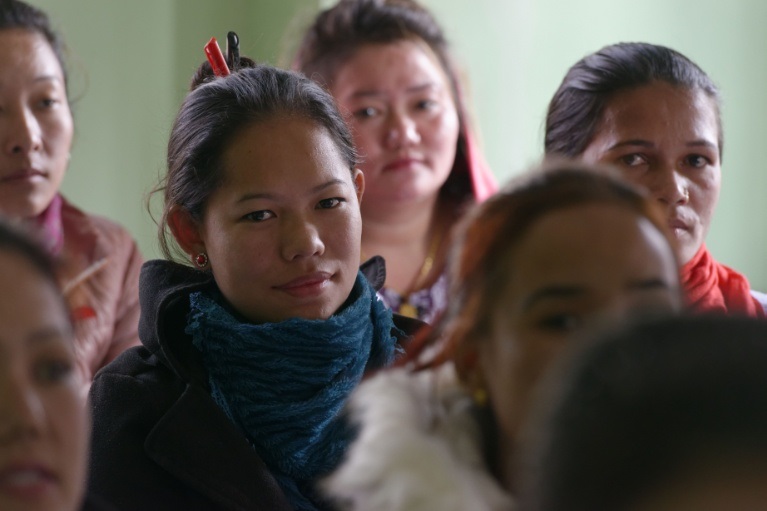Education pays off, but you have to be patient
The pandemic is making us rethink and re-organize education. Workers with higher educational attainment may expect to be able to find a job (and a quality job, for that matter) as soon as they become available. But is that so?
Education pays off, but you have to be patient Read More »
